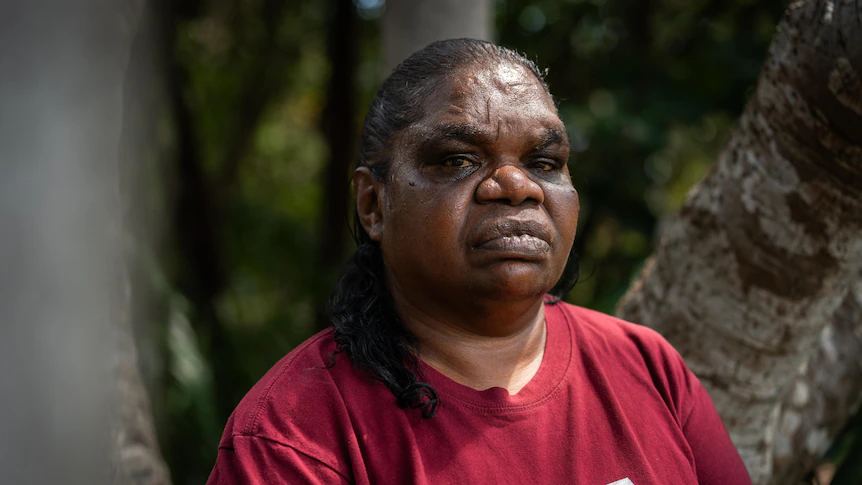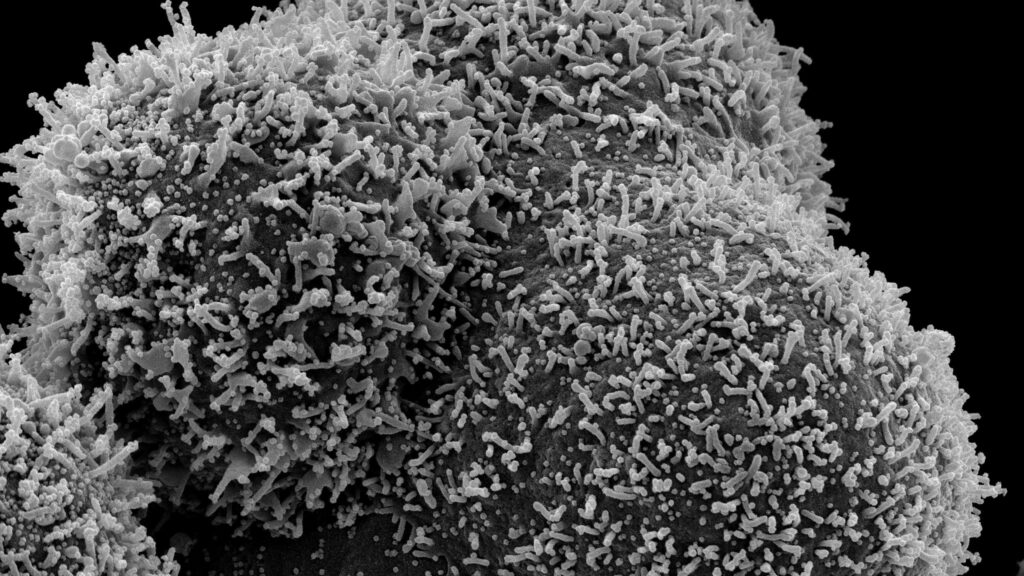Copyright abc

As the Northern Territory prison population continues to reach all-time highs, data reveals a majority of the NT's rehabilitation programs are being cancelled more than 60 per cent of the time. Over the past year, correctional facilities have regularly been forced into lockdown due to staff shortages, prisoner misbehaviour and inmate head counts — among other reasons. It has impacted how often prisoners can access legal advice, see family and engage with programs designed to encourage successful reintegration after jail. Kalkarindji woman Beryl Dandy noticed the change in the final year of her sentence in Darwin's women's prison. "They used to put three people in a cell meant for one person or two people," she said. The absence of rehab programs and counselling services was noticeable, Ms Dandy said, especially for prisoners struggling with addiction prior to incarceration. "There were no programs like the Alcohol and Other Drugs program, the Family Violence Program, the [Safe, Sober, Strong] program — there was none," she said. 'Better health means less crime' NT Corrections data shows that in the six months to March this year, only one program was delivered more times than it was cancelled, while 10 of 11 scheduled drug and alcohol sessions were scrapped. Of the six sessions of the Safe, Sober, Strong program, which provides skills to improve pro-social behaviour, five were cancelled. Overall, 34 of the 46 scheduled psycho-educational programs across the six-month period were cancelled due to lockdowns. Since then, the NT's prison population has grown by more 400 people, giving the NT one of the highest incarceration rates in the world. The department did not respond to a request for data around program delivery since February. Curtin University professor Stuart Kinner, an expert on prisoner health initiatives in Australia, said cancelling programs would result in both short and long-term consequences. "If we're not providing those services, what are we doing?" he said. "We're locking people up in their cells, depriving them of their liberty, depriving them of services and supports, depriving them of community connection and probably increasing their risk of future offending." Access to community clinics limited Ms Dandy was released on bail in May this year, but with rolling lockdowns limiting visits from friends, family and even legal representatives, her exit from prison was difficult to arrange. After a mixture of phone calls and some rare face-to-face conversations with her lawyer, Ms Dandy was eventually released on the condition she attend rehab in Darwin. "I just said that I want to change my life, I told him I want to [go to] rehab to help me," she said. For many inmates, attending rehab in prison can help their prospects of receiving bail and being rehabilitated in the community. With custodial rehab services diminished, however, those prospects are shrinking for many. For those like Beryl who are able to access community rehab services upon leaving prison, they often encounter a lengthy wait before they are treated. At Banyan House, a residential rehab provider in Darwin, organiser Dorian Goodall has seen demand for services boom over the past year. "We've got a lot of demand especially from the criminal justice system right now," he said. Mr Goodall said wait times for a bed at Banyan House had blown out from about two weeks to six weeks, increasing the risk of relapse. "Everyone wants to get into rehab as soon as possible and that's the expectation, but we can't meet that expectation at the moment due to the demand," Mr Goodall said. Ms Dandy said the lack of internal programs and limited pathways to rehabilitation in the community meant there was little reason to expect a drop in re-offending. Prison overcrowding issues Since the Country Liberal Party government was elected in August 2024, it has passed multiple laws increasing criminal penalties and restricting access to bail. According to the territory government, bail refusals increased by 44 per cent between January and August this year, while ABS data reveals the adult prison population increased by around 600 prisoners in the 12 months after the CLP was elected. Corrections Minister Gerard Maley said overcrowding in prisons would not prevent the government from fulfilling its tough-on-crime agenda. But he also acknowledged the importance of rehabilitation in reducing crime, launching a $2 million skills and training pathway program for prisoners earlier this month. Mr Maley has also promoted the Corrections Infrastructure Master Plan as a way of increasing capacity and easing pressure on the system. However, with more than 2,800 full-time prisoners and an inmate population continuing to grow at the fastest rate on record, Professor Kinner said there would need to be a broader shift in sentiment towards prisoners and the prison system to achieve lasting change. "Understandably, people are concerned about their own safety and their family's safety, that's entirely reasonable," he said. "As a community, we have to decide between buying into the populist tough-on-crime rhetoric some of our political leaders have been parroting, or following the evidence, doing what's right, and achieving better outcomes for all of us."



